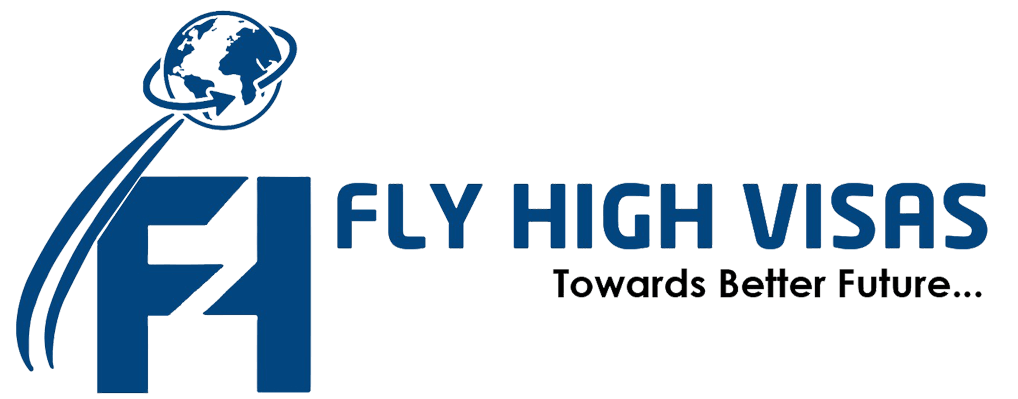A New Dawn for Immigrant Families
In a significant development that brings a sigh of relief to immigrant families in the United Kingdom, the government has unveiled plans to incrementally raise the minimum salary requirement for family visas. This approach, as opposed to a direct hike, aims to strike a balance between the nation's economic interests and the need to foster inclusivity. This move comes on the heels of the Sunak government's recent announcement of a substantial 47% increase in the minimum salary for skilled work visas. The minimum salary for skilled work visas has been elevated to £38,700 ($49,100) from the initial £29,000, representing a remarkable shift from the previous threshold of £18,600. As we delve deeper into this development, it becomes clear that the government is working towards a comprehensive and synchronized policy framework that extends beyond skilled work visas to include family visas.
Incremental Adjustments: A Strategic Approach
The decision to incrementally raise the minimum salary requirement for family visas signifies a nuanced and strategic approach by the UK government. Unlike a sudden and drastic increase, an incremental adjustment allows for a more phased and manageable transition. This approach takes into account the concerns of both immigrants and employers while ensuring that the economic implications are carefully navigated. The timeline for these incremental adjustments is expected to be outlined by spring, offering transparency and predictability for those directly affected by the changes.
Skilled Work Visas: A Precedent for Incremental Changes
The recent 47% hike in the minimum salary for skilled work visas sets a precedent for incremental adjustments in family visas. The move in skilled work visas, from £29,000 to £38,700, reflects the government's commitment to adapting immigration policies to the evolving economic landscape. By aligning the threshold for family visas with that of skilled work visas, the government aims to create a coherent and harmonized system that addresses the needs of both the workforce and the nation's economic goals.
Synchronization of Thresholds: A Cohesive Policy Framework
A key aspect of the government's strategy is the synchronization of the threshold for family visas with that of skilled work visas. This alignment streamlines the immigration process, creating a cohesive policy framework that is easier to navigate for both immigrants and authorities. The move also reflects a commitment to treating British nationals and migrants consistently, thereby fostering a sense of fairness and equality.
Exclusion of Child Allowances: A Policy Shift
In a notable policy shift, the Home Office clarified that child allowances would no longer be factored into income requirements for family visas. This measure, while seemingly stringent, aligns with the broader goal of treating all immigrants consistently, regardless of the number of sponsored children. By implementing a flat rate threshold for family visas, the government seeks to create a standardized and fair approach, reducing complexities in the application process.
Implications for British Nationals and Migrants
The incremental approach to raising the minimum salary requirement for family visas has wide-ranging implications for both British nationals and migrants. For British nationals, this move signals a commitment to maintaining a balanced immigration system that considers economic needs without compromising on inclusivity. On the other hand, for migrants, particularly those seeking family visas, the phased adjustment provides a clearer roadmap for meeting the new requirements. It allows families to plan and adapt to the changes without facing sudden and unexpected challenges.
Public Response and Stakeholder Engagement
As news of the incremental adjustments to family visa salary requirements spreads, the public response becomes a crucial aspect of the narrative. Stakeholder engagement, including discussions with immigrant advocacy groups, business organizations, and legal experts, will play a pivotal role in shaping the ongoing dialogue surrounding immigration policies. The government's openness to feedback and willingness to address concerns will determine the success of these incremental changes.
Conclusion
The UK government's decision to incrementally raise the minimum salary requirement for family visas represents a thoughtful and strategic approach to immigration policy. By learning from the recent adjustments in skilled work visas and synchronizing the thresholds for different visa categories, the government aims to create a cohesive and fair system. The exclusion of child allowances, while posing initial challenges, contributes to a standardized and predictable immigration process. As we await further details on the timeline for these adjustments, it is clear that the government is actively working towards a balanced and inclusive immigration framework that aligns with the nation's economic priorities.
Fly High Visas is one of India’s best immigration consultancy. Our Immigration Services are designed to equip our clients with thorough information about the immigration process, enabling them to make informed decisions. Fly High Visas







Leave a Reply
Your email address will not be published.